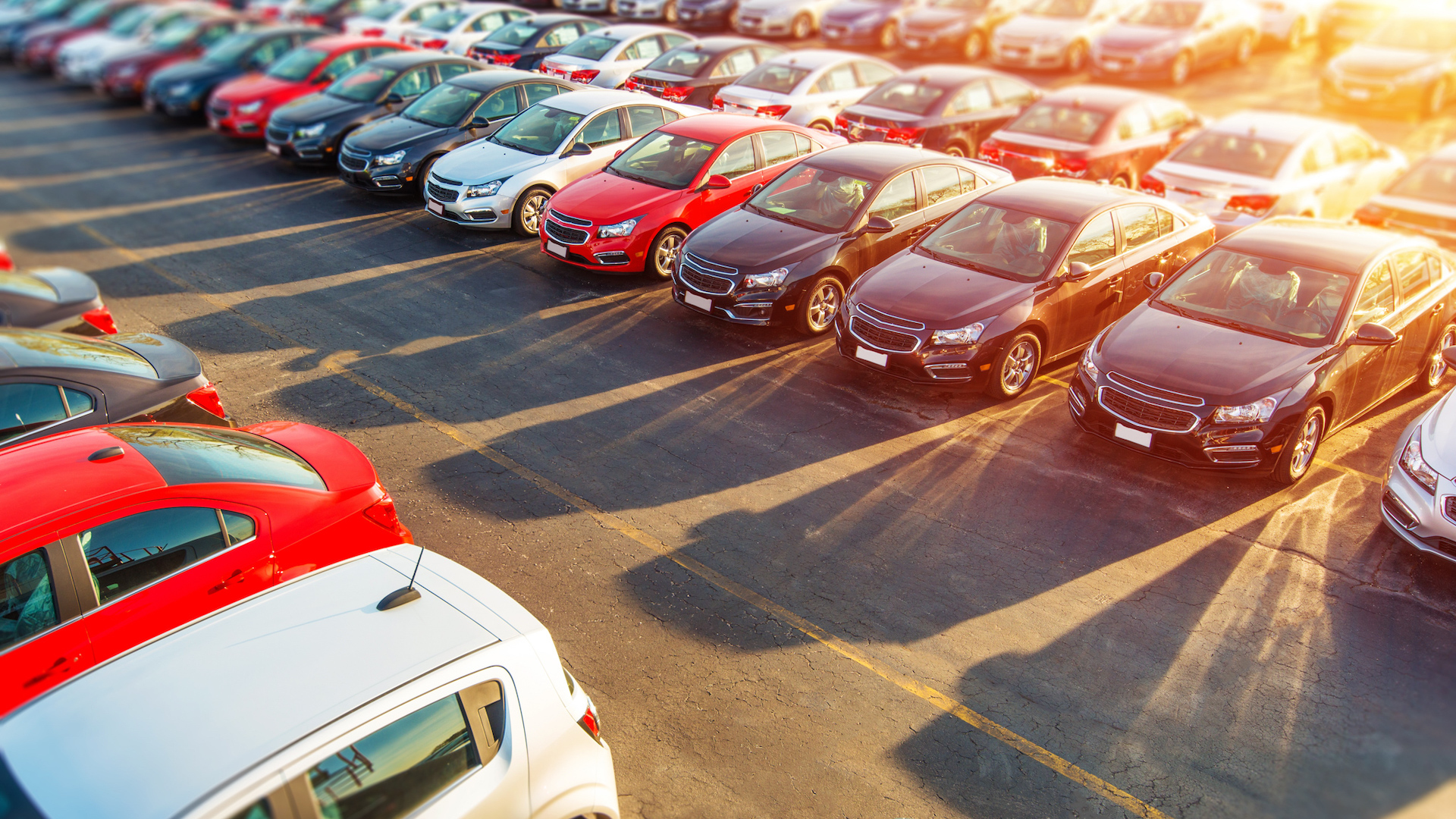

Used car prices have reached such record-breaking highs in the United States that even Saturn prices—a car company that’s been defunct for over a decade—are through the roof. The issue, in part, is driven by new vehicle shortages due to months of production woes compounded by staffing and supply-chain problems, as well as the ongoing semiconductor backlog.
However, there appears to be light at the end of the tunnel. A report from Bloomberg outlines that wholesale prices of used cars have begun leveling off, signaling that the pre-owned car market has come to a head and prices may soon begin to normalize in the coming weeks.

The prediction of dropping costs comes from Zo Rahim, an industry analyst at Cox Automotive, the parent company of wholesale auto auction giant, Manheim. According to Rahim, the average price of cars sold at Manheim, called the wholesale index, reached its peak and has since begun to slow.
“Wholesale prices as of right now are at their peak and should start to come down,” Rahim said. “We are seeing a decelerating pace of price increases in the first two weeks of June, compared to what has been just an absolute surge.”
The “surge” Rahim is referring to has been the unprecedented uptick in used vehicle prices during 2021.
In addition to vehicle shortages, the surge is largely bolstered due to consumers putting off large purchases following months of COVID-induced economic uncertainty. Many American households have also saved more disposable income during the pandemic than in years prior, according to the U.S. Bureau of Economic Analysis. This has primed the market for accretion in pent-up vehicle buying, and since new cars aren’t as readily available, many consumers are flocking to used lots.
Interestingly, consumers also have a new nemesis to battle over prices: car rental companies. After many major rental corporations sold off their stash of cars to pay back creditors, the need for new wheels grew as the U.S. began to open its doors. These companies then began to buy up stockpiles of used cars and helped feed into the rapidly ballooning cost of used vehicles. In April, the average price of used cars and trucks inflated approximately 10 percent, followed by another 7.3 percent in May. The end result was the highest inflation of used car costs in over a decade, according to the U.S. Bureau of Labor Statistics.
To be clear, pricing has yet to reach pre-COVID levels. However, wholesale cost increases have slowed their roll. In April, the wholesale cost of a new vehicle was up nearly 50 percent from just a year prior, and in May, that number was only 36 percent higher. Rahim predicts that the lack of additional inflation of wholesale price is indicative of consumer-facing price drops in the coming weeks. The analyst also cautions that the industry’s events over the past year have been extraordinary and may be fairly resistant to drop immediately.
As the world gets back to it and logistics work out the kinks, consumers will continue to see prices stabilize. In the meantime, perhaps consider whether or not that new car will be upside down on its loan in the next five years, and if so, maybe think about gap coverage in case of an accident.
Got a tip or question for the author? Contact them directly: rob@thedrive.com